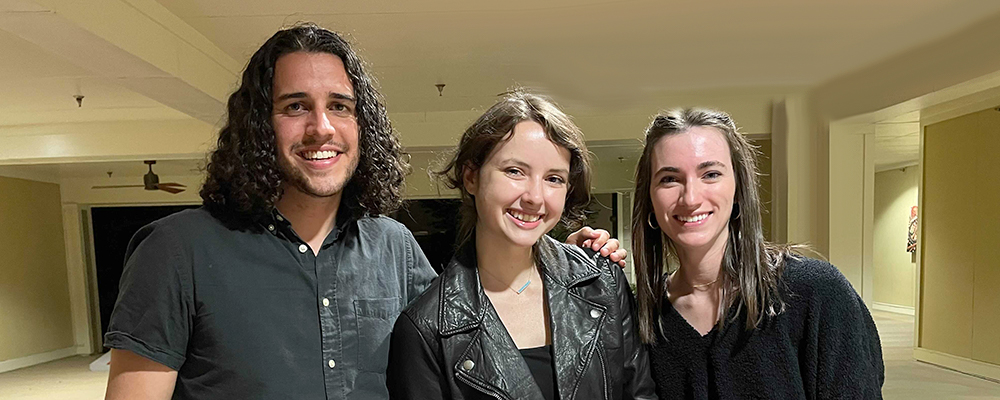As graduate students preparing to enter the workforce, we look upon the rapidly expanding capabilities of AI with some trepidation. What impact will AI have on our careers? In a very short time, ChatGPT has garnered hundreds of millions of unique users, becoming the fastest-growing app of all time. And there are no signs that AI is slowing down.
Everywhere we look, we see evidence of AIs advancement. Japan has declared that copyright laws do not apply to data used to train AI. Google’s AI, Gemini, integrates data from Google Flights, Hotels, and Search into its interface. OpenAI, the creators of ChatGPT, have partnered with Morgan Stanley to mimic the most knowledgeable person in the company. The improvements are rapid, and the use cases are expanding daily.
But there is a limit to what AI can do, and students should focus on growing in areas where AI falls short.
AI “thinks” by moving from A to B to C. Humans, on the other hand, can choose to move from one idea to another in original ways. AIs will always be restricted to the information and patterns encoded in their training data; whereas, humans can find new patterns and comprehend new information.
AI does not truly understand anything; AI only predicts responses based on direct contextual training. In contrast, humans can apply their knowledge flexibly and creatively, even in unfamiliar contexts.
Trust between two people is largely an emotional phenomenon. An AI, which lacks any emotional intelligence, cannot gain the trust of a human. AI’s incapability also includes nuanced communication, cultural awareness, and ethical reasoning. These facets of intelligence are essential to any kind of productive enterprise in a global economy.
As the power of AI grows, so will the value of uniquely human forms of intelligence. Any student navigating this exciting time in history will benefit from developing their uniquely human abilities. Students should strive to become flexible, critical thinkers capable of forming deep, trusting relationships with others.
Columnist: Max Spehlmann
